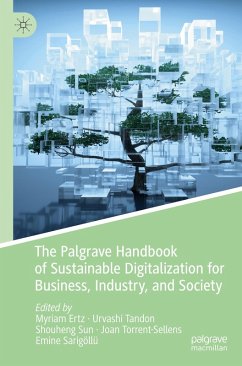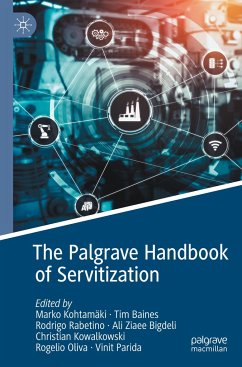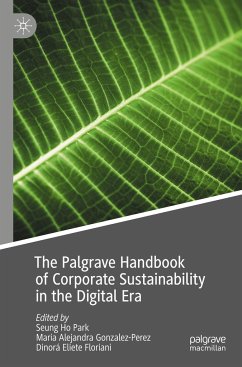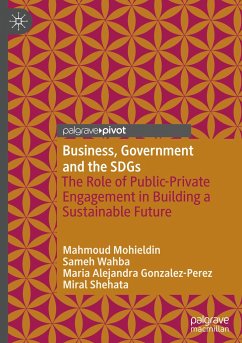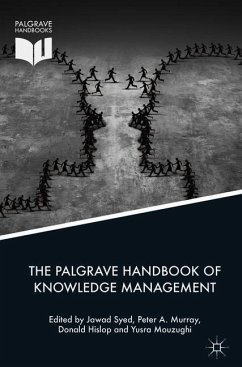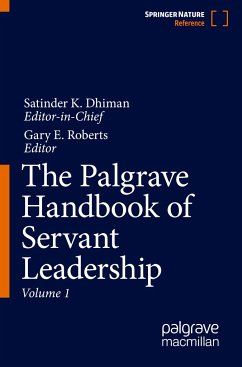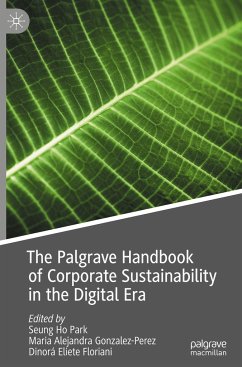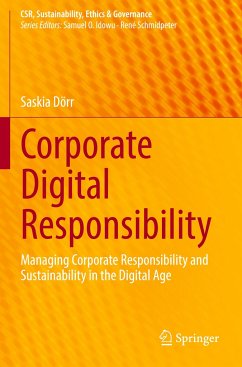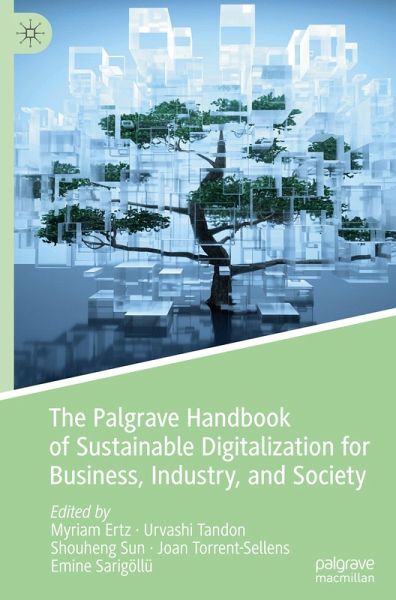
The Palgrave Handbook of Sustainable Digitalization for Business, Industry, and Society

PAYBACK Punkte
76 °P sammeln!
This handbook conceptualizes sustainable digitalization and discusses the role of digitalization in addressing business and societal challenges. Divided into eight sections, the book opens by an introductory chapter examining the theoretical foundations of the field. Part 1 explores the first dimension of sustainable digitalization, namely digitalization for sustainability (DFS) or how digitalization could address several of the sustainable development goals.Part 2 addresses the second dimension of sustainable digitalization. Titled responsible digital (RD), it covers the potential risks of in...
This handbook conceptualizes sustainable digitalization and discusses the role of digitalization in addressing business and societal challenges. Divided into eight sections, the book opens by an introductory chapter examining the theoretical foundations of the field. Part 1 explores the first dimension of sustainable digitalization, namely digitalization for sustainability (DFS) or how digitalization could address several of the sustainable development goals.
Part 2 addresses the second dimension of sustainable digitalization. Titled responsible digital (RD), it covers the potential risks of increased digitalization and outlines strategies for governing digitalization for sustainable development to avoid the risks summarized earlier in the book.
Tying digitalization to such topics as smart agriculture, industry 4.0, education, ecological transition, climate, clean water, food production, and social well-being, this handbook provides a framework for the emerging field of sustainable digitalization.
Part 2 addresses the second dimension of sustainable digitalization. Titled responsible digital (RD), it covers the potential risks of increased digitalization and outlines strategies for governing digitalization for sustainable development to avoid the risks summarized earlier in the book.
Tying digitalization to such topics as smart agriculture, industry 4.0, education, ecological transition, climate, clean water, food production, and social well-being, this handbook provides a framework for the emerging field of sustainable digitalization.



